Southern States should not suffer in delimitation; Hindi imposition should be stopped, says KTR
Mon 21 Jul 2025, 01:29:08
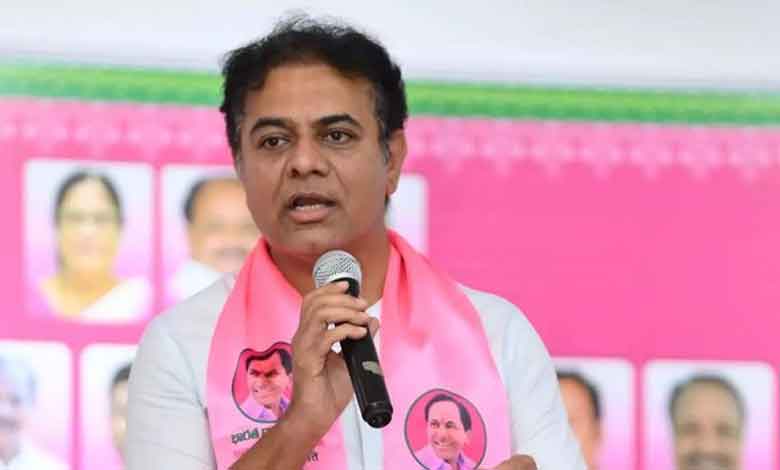
BRS working president KT Rama Rao sounded an alarm over the impending delimitation exercise, cautioning that southern states, which led India’s family planning efforts, risk severe losses in parliamentary representation. He argued that rewarding States with unchecked population growth, while penalising those that implemented population control, was against the principles of cooperative federalism.
Participating in the ninth edition of Talk Journalism conference on “North-South Divide in Indian Politics” at Jaipur on Sunday, Rama Rao said South India’s share of the national population had dropped from 26 per cent in 1948 to 19 per cent due to effective family planning, while north Indian States like Uttar Pradesh’s population surged by 239 per cent during the period.
“Is it fair that Kerala, which embraced population control for national welfare, should now lose seats, while Uttar Pradesh, which failed in this regard, gains more influence at the Centre?” he asked.
He warned that over-concentration of power in populous northern States, especially Uttar Pradesh, could adversely affect the federal structure. “If the Prime Minister is decided solely by numbers from one State, southern aspirations will be ignored,” he said, demanding that current parliamentary seats be frozen, while State Assemblies gain more representation.
Taking aim at the BJP-led Centre, the former Minister said the promise to increase MLA seats in Telangana and Andhra Pradesh under the AP Reorganisation Act remains unfulfilled. However, seats were increased in Jammu and Kashmir and Assam for political convenience. “We do not trust the BJP government to be fair in redrawing constituencies,” he asserted.
Rama Rao also found fault with attempts to impose Hindi, calling it “arrogance of brute strength,” and
stressed that India’s unity lies in its diversity. He stated that Hindi was not a national language but one of the 22 official languages. “Only Indianness can bind us. Language, food, and dialects change every 250 km; Hindi cannot be forced as a national language,” he said. He categorically stated that India does not need a national language, and the choice of learning any language should be left to the people.
stressed that India’s unity lies in its diversity. He stated that Hindi was not a national language but one of the 22 official languages. “Only Indianness can bind us. Language, food, and dialects change every 250 km; Hindi cannot be forced as a national language,” he said. He categorically stated that India does not need a national language, and the choice of learning any language should be left to the people.
However, he affirmed that there was nothing wrong in learning languages where one goes to live, while responding to a question on demand for outsiders to learn Marathi in Maharashtra. “Just like people from northern States should not be forced to learn Marathi, Telugu, Tamil or any other language, Hindi also should not be imposed on the rest of the country. Language is not just meant for communication, but it is also a cultural identity. While one should learn any language out of respect for it, it should not be imposed on others,” he asserted.
The BRS working president raised an alarm over disturbing voter list revisions in Bihar, pointing to the deletion of nearly five lakh voters. “In a democracy, even one disenfranchised voter is unacceptable,” he said, warning of wider political conspiracies that exploit divisions for electoral gains. He reminded that the previous RJD government was dethroned in the previous elections of Bihar with less than 12,500 votes.
He reaffirmed that all major Telangana parties, including the Congress, stood united against southern under-representation and linguistic imposition. “India is a democracy, not a mobocracy. It is a union of States built on the principles of cooperative federalism. The Centre cannot act unilaterally. Instead, it should take all stakeholders into confidence before taking any decision,” he said, pressing for equitable representation and protection of federal values.
No Comments For This Post, Be first to write a Comment.
Most viewed from Hyderabad
Most viewed from World
AIMIM News
Latest Urdu News
Most Viewed
May 26, 2020
Should there be an India-Pakistan cricket match or not?
Latest Videos View All
Like Us
Home
About Us
Advertise With Us
All Polls
Epaper Archives
Privacy Policy
Contact Us
Download Etemaad App
© 2026 Etemaad Daily News, All Rights Reserved.

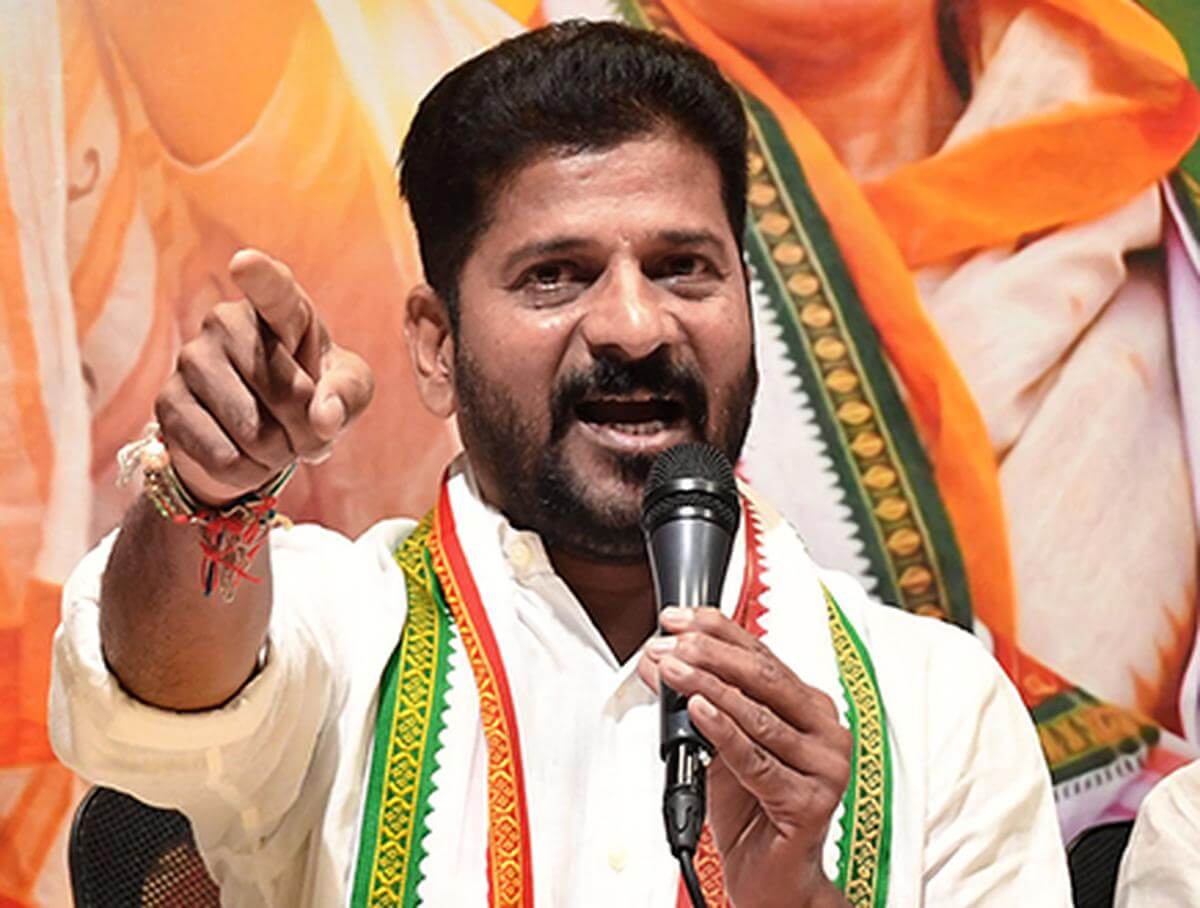
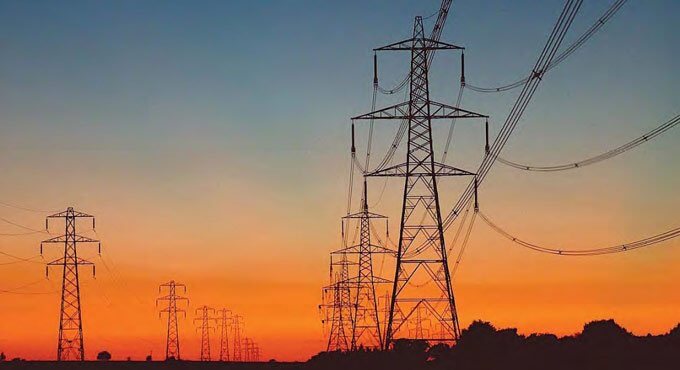
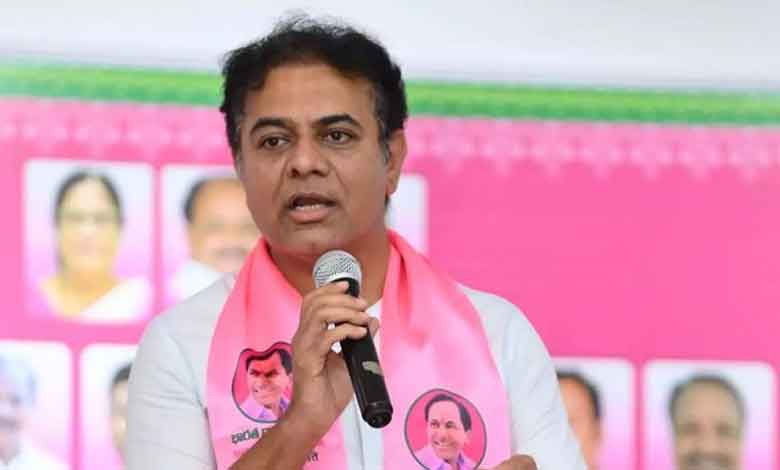


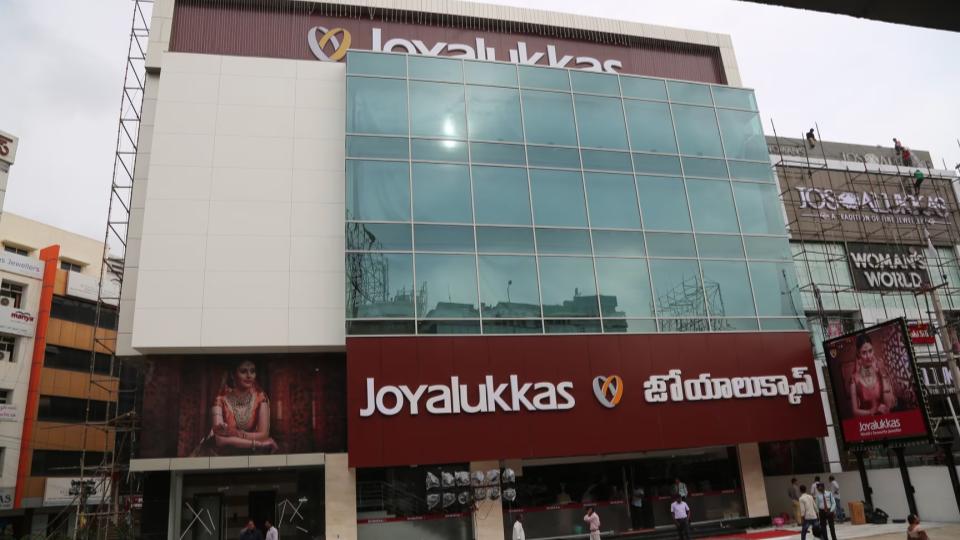




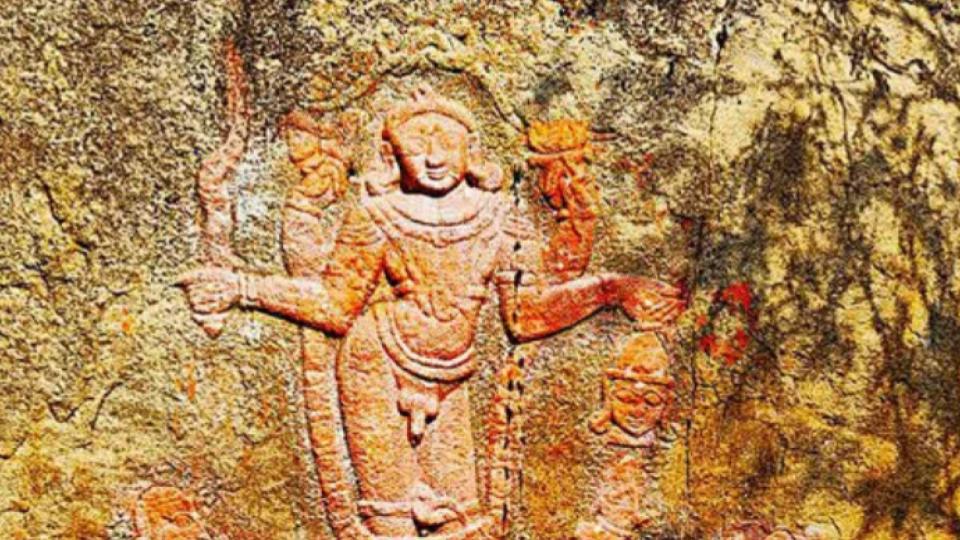
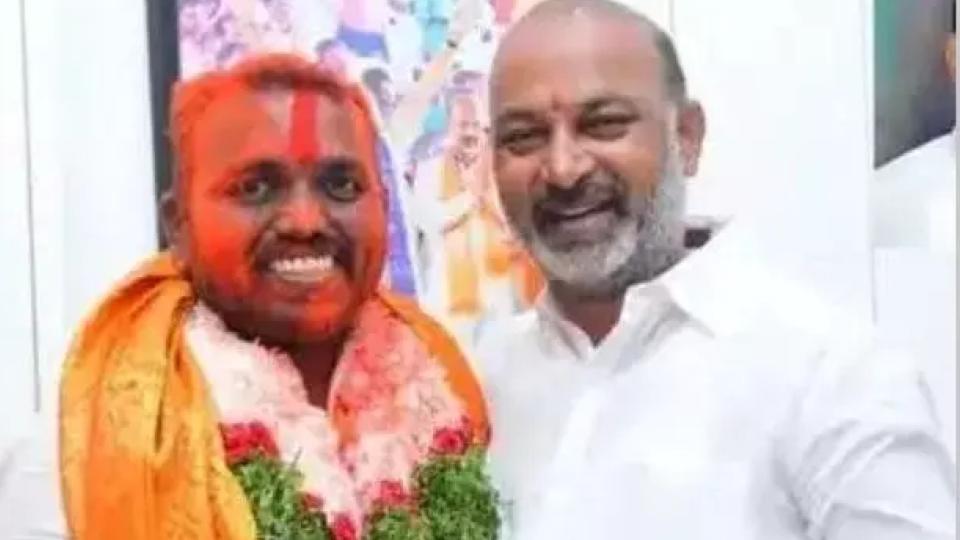
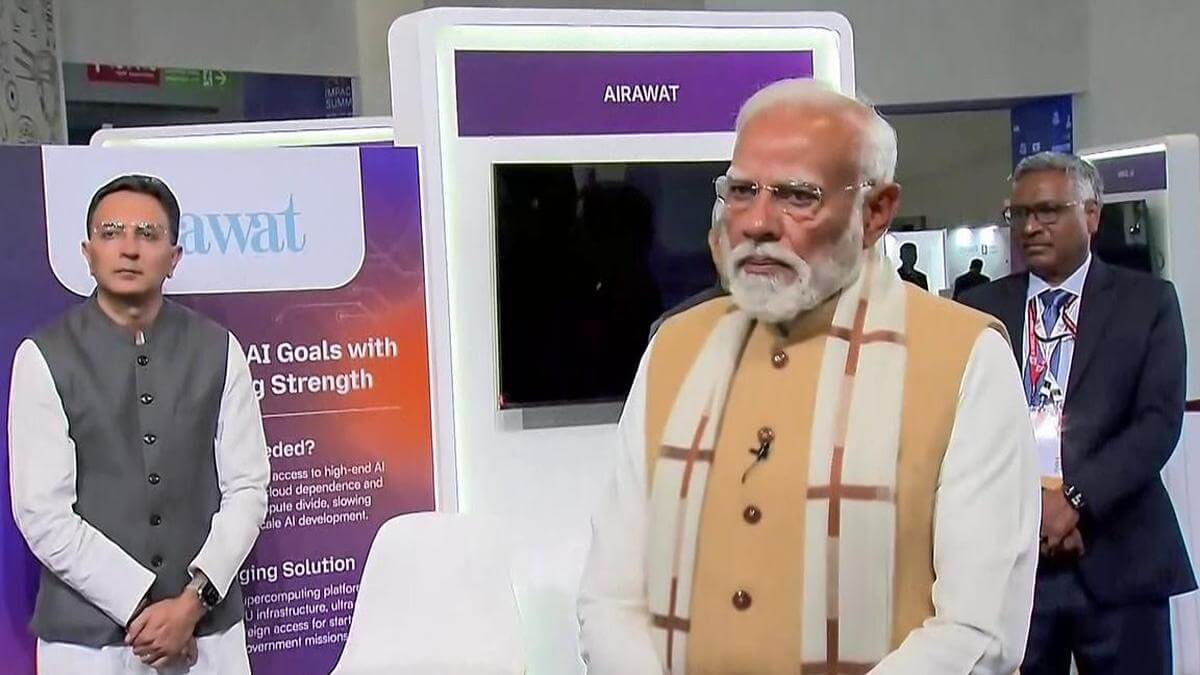
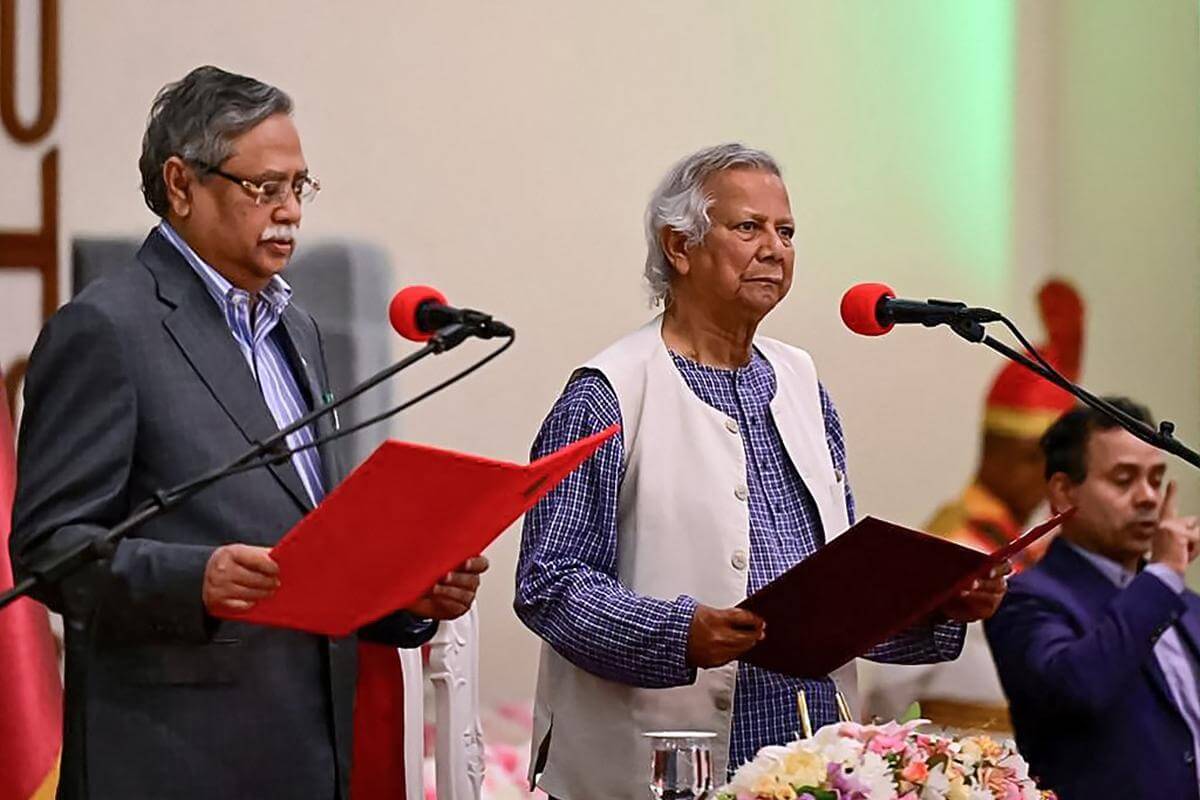
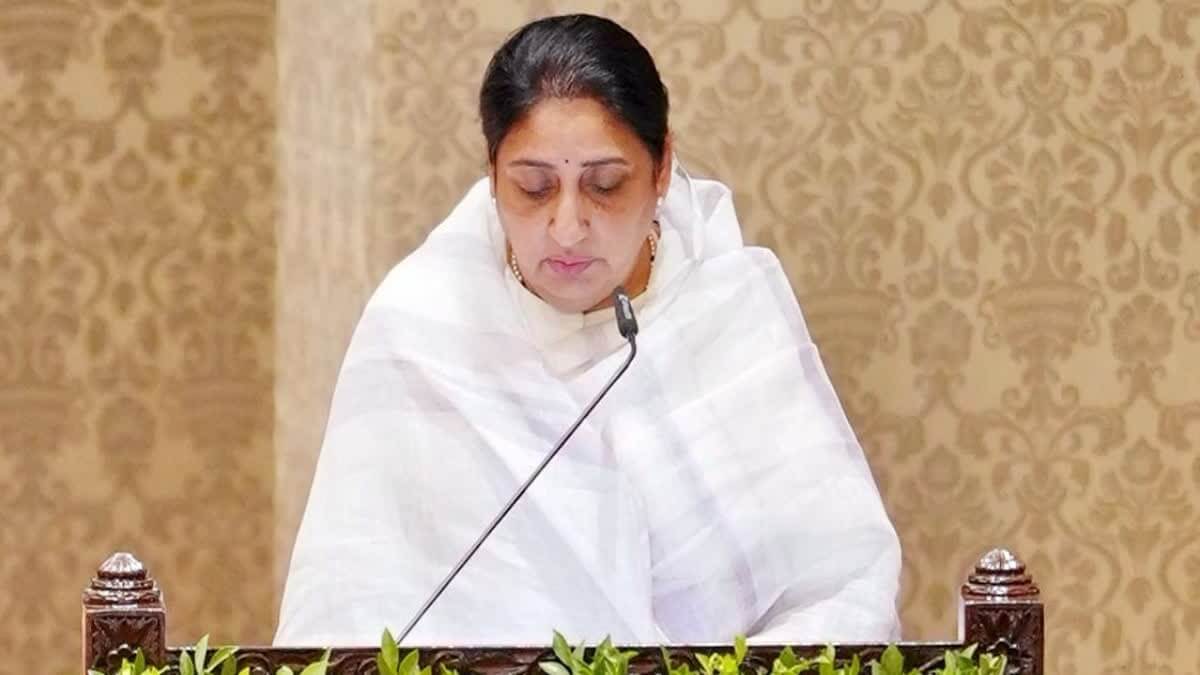
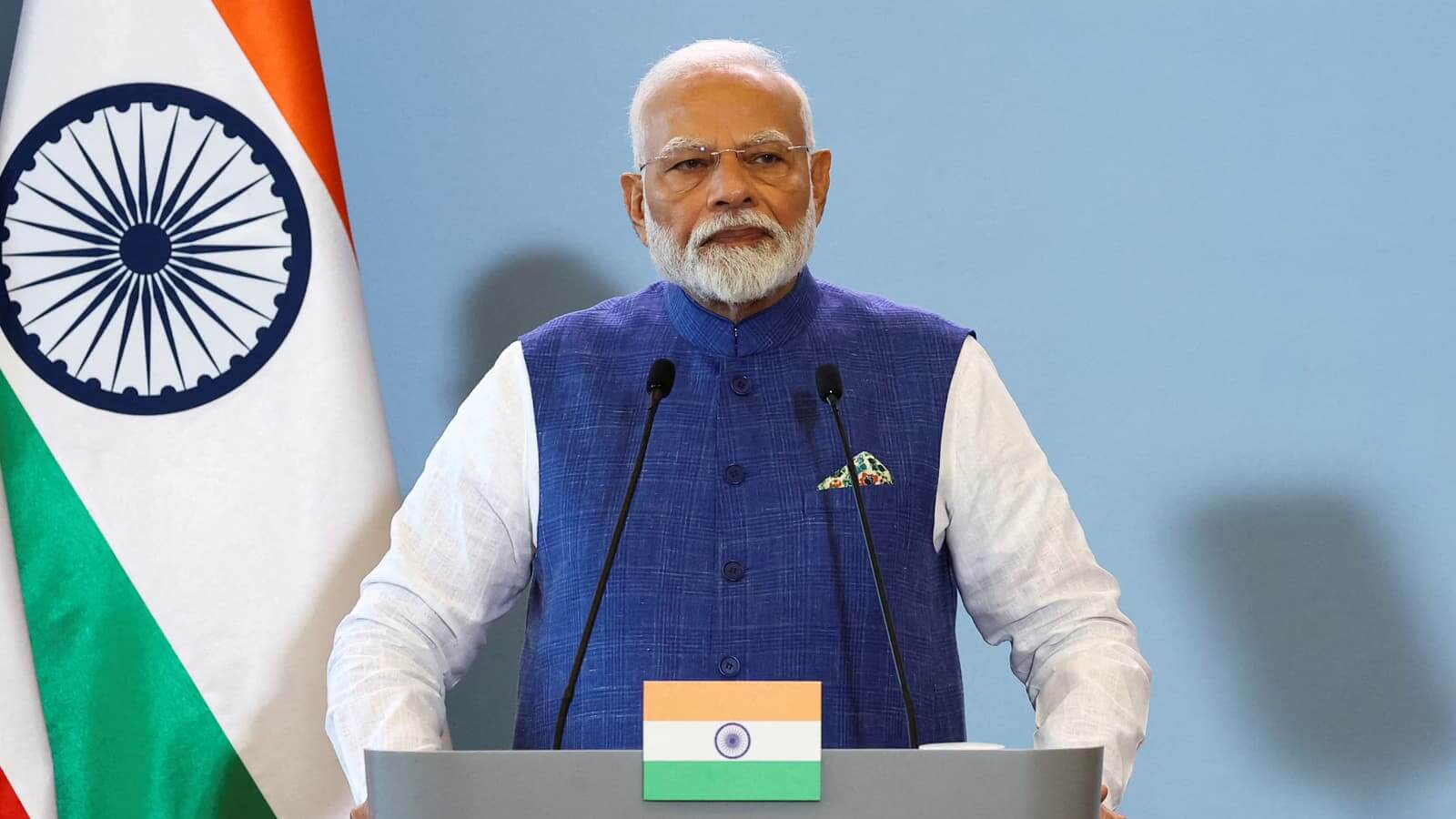



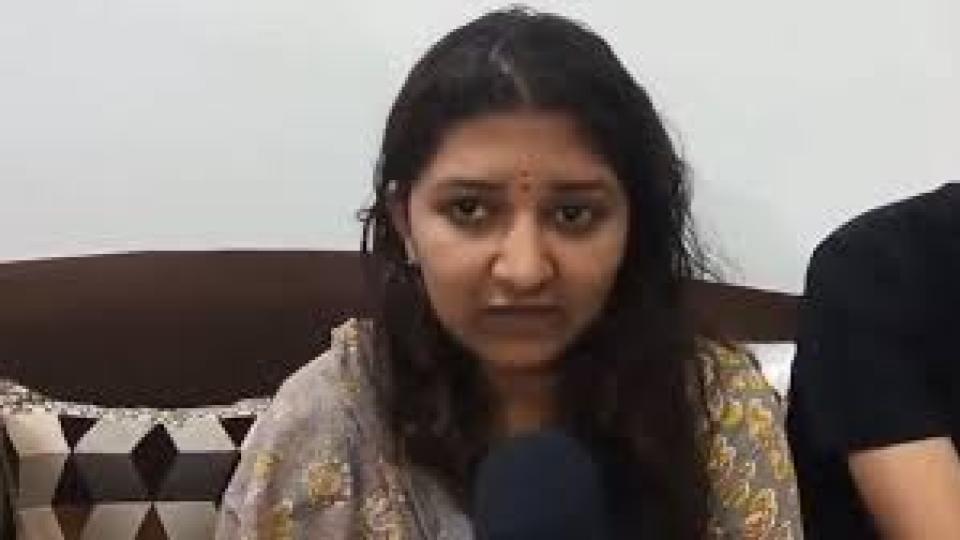
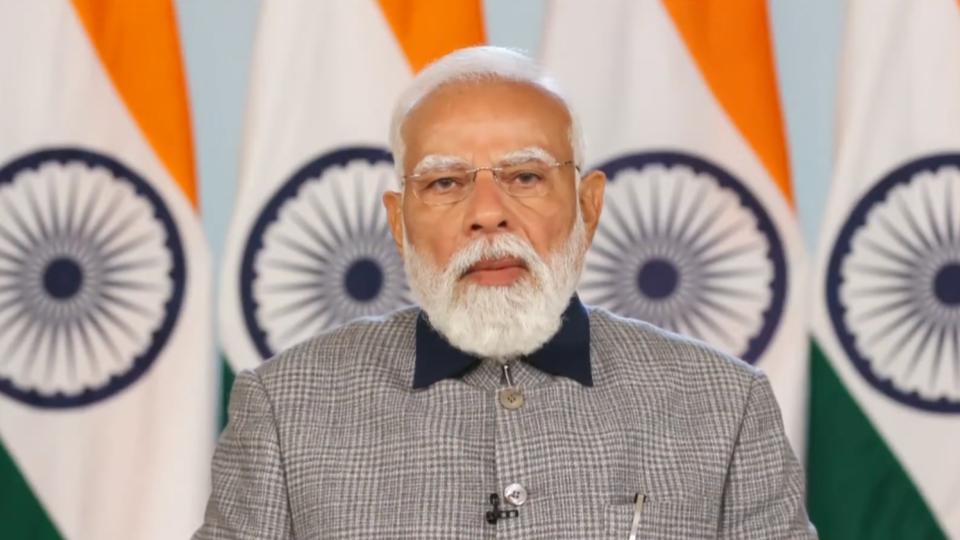
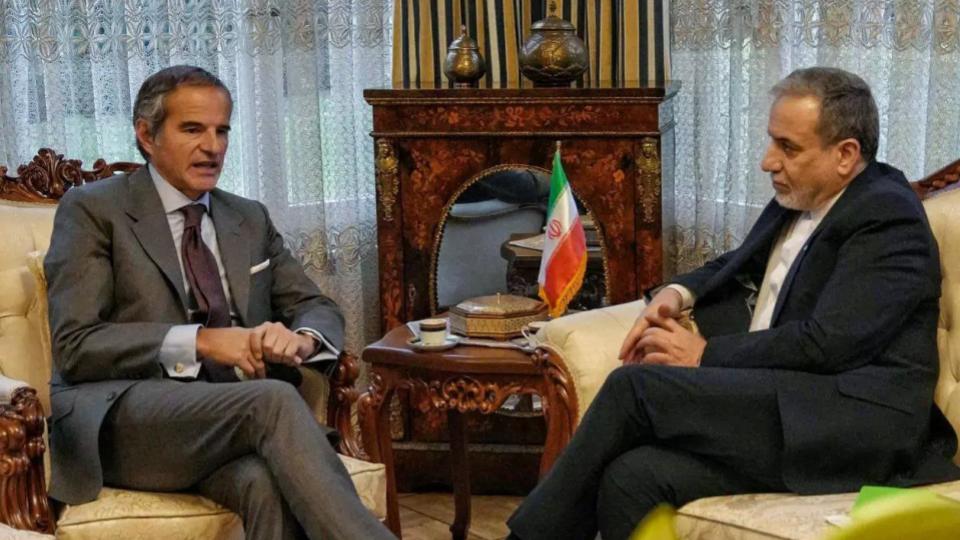
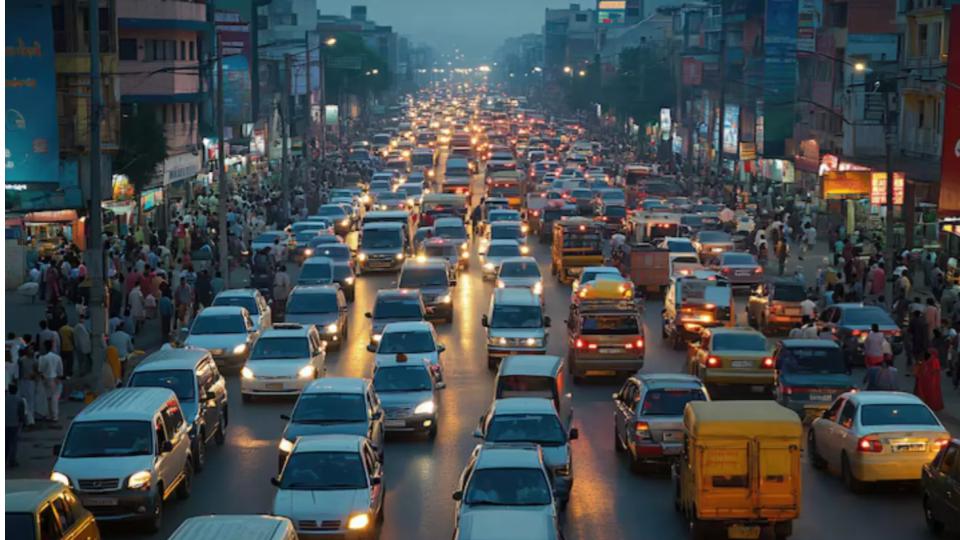
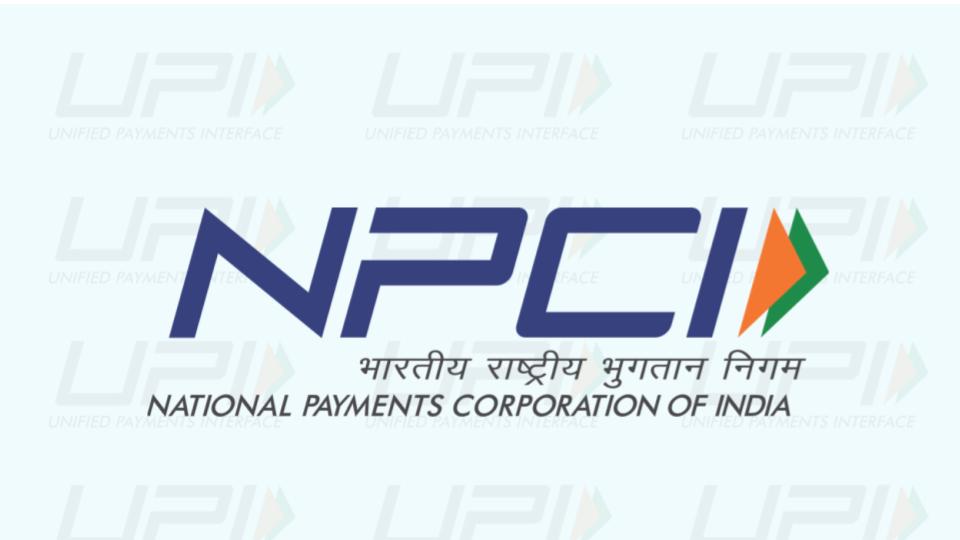

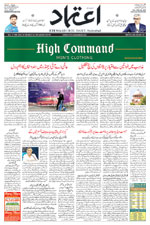










.jpg)
.jpg)
.jpg)


